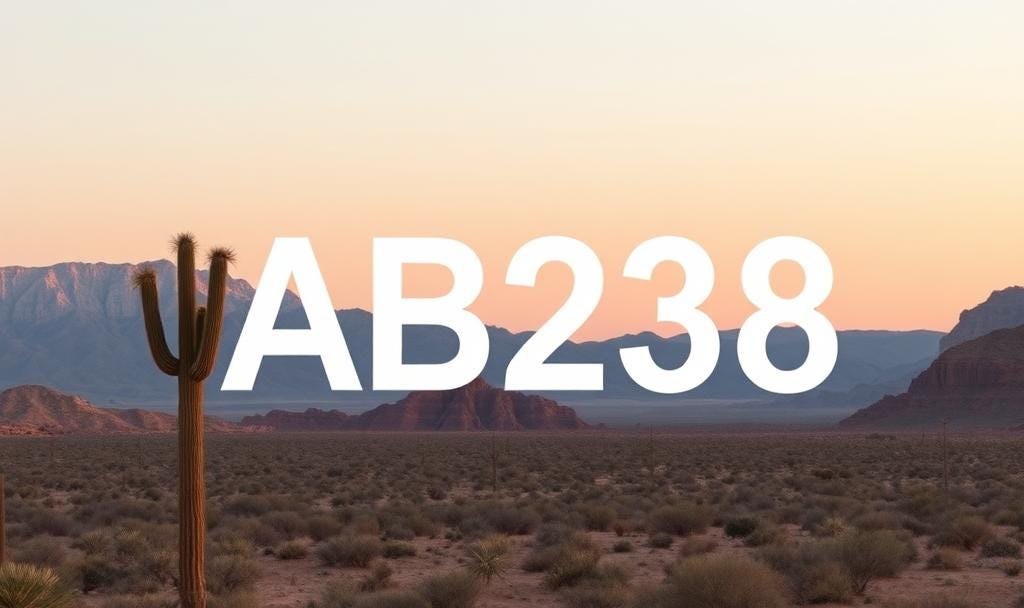Screenwriting With A View #35
Why I’m Glad Nevada’s Film Bill Was Killed—Even as a Filmmaker Who Lives and Works Here
know a lot of filmmakers and artists in Las Vegas are disappointed that the latest film tax incentive bill failed to pass. Some see it as a missed opportunity for jobs, investment, and creative growth in our state. But I’ll be honest—I’m not upset. I’m relieved. And I say that not just as a working filmmaker with active projects planned right here in Las Vegas, but as someone who spent years in public service and still believes deeply in what government funding is supposed to do.
The truth is, this bill wasn’t ready. It read more like a giveaway than a true investment in Nevada’s future. And before it’s ever revived or rewritten, we need to ask some harder questions about who it benefits—and who it leaves behind.
Let’s be clear: Nevada has some of the most urgent and underfunded public systems in the country. We rank near the bottom nationally in public education. Our healthcare infrastructure is strained and under-resourced. Our roads are a constant construction zone, yet still leave much to be desired. These are not abstract issues—they impact daily life for the people who live here. And yet, we’re talking about giving hundreds of millions of dollars in tax incentives to outside production companies with no long-term stake in the state?
That’s a hard sell.
Even the much-touted requirement for productions to hire 50% Nevada residents isn’t what it seems. In reality, the bill gave studios three years to hit that threshold—plenty of time to shift their California-based crews into new Nevada addresses without meaningfully hiring local creatives. That kind of loophole doesn’t build careers in Nevada—it just shifts paperwork. And the biggest winners wouldn’t be local filmmakers or storytellers, but rather construction contractors and vendors tied to temporary builds, not long-term community infrastructure.
I understand the appeal. Nevada wants to compete with New Mexico, Georgia, even California. But those states spent years—not months—developing the infrastructure to support a thriving industry, and they did it in tandem with educational programs, long-term workforce development, and public oversight. What we tried to do here was skip the process and go straight to the payoff. That never works.
I say all of this as someone who believes in film. I believe in its power to tell stories, to create jobs, and to change how people see a place like Las Vegas. But I also believe in doing things the right way. If we want to grow a film industry in Nevada, then let’s write a bill that actually invests in Nevadans. Let’s support local crews, train new talent, and build infrastructure that serves both the industry and the communities it exists within.
I have no interest in seeing Nevada become just another cheap backdrop for productions looking to save a few bucks. I want to see it become a place where filmmakers live, grow, and build lasting careers. That won’t happen if we rush to hand out incentives without demanding meaningful return.
The film bill didn’t fail. It stalled—because it wasn’t ready. That’s a good thing. Now we have a chance to get it right.
Let’s take it.


